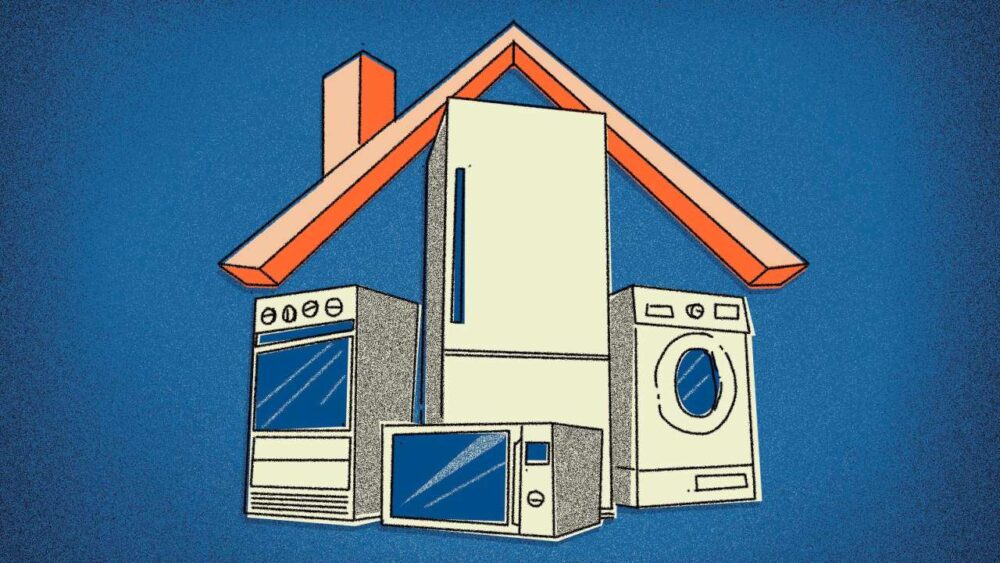Owning a home is a significant investment that requires careful consideration and financial planning. To safeguard this valuable asset, homeowners often seek ways to protect themselves from unexpected expenses that may arise due to the breakdown of household systems and appliances. This is where home warranty coverage comes into play. A home warranty provides a layer of protection by offering repair or replacement coverage for major components of your home, such as electrical systems, plumbing, heating, and kitchen appliances. In this article, we will explore the benefits and considerations of home warranty coverage, helping you make an informed decision to safeguard your investment and provide peace of mind for the future.
Home warranty coverage can provide peace of mind whether you’re purchasing your first home or selling one. Home warranties cover appliances and systems that break down over time.
Most providers provide appliance and system plans as well as combination policies with service fees that pay for professional diagnosticians to examine and address problems or replace anything necessary. You can easily find more info about home warranty coverage but what counts is the following.
What’s Covered?

Home warranties are service policies designed to offset the costs associated with repairing or replacing home systems and appliances covered under the policy, in exchange for paying a regular premium payment plan.
Home warranty companies send technicians directly to your home when appliances or systems stop functioning as expected, to assess and determine whether to repair or replace them. It will cover costs related to these decisions up to its annual coverage limit. And you can save some money to deal with extra renovations you might need, according to trends.
Many providers offer appliance and system-specific plans tailored specifically for homeowners who only want to protect specific items. Some providers also provide add-ons that allow customers to further customize their plan; such as swimming pools, septic tanks/well pumps/pest control.
Home warranty companies are especially useful for new homeowners who lack reliable contractors or don’t have time to get estimates and make repairs themselves. Furthermore, home warranties can provide peace of mind in an older home where systems and appliances often break down more frequently than expected.
Exclusions

Home warranty contracts often contain small print and fine print that should be reviewed carefully by homeowners, particularly terms like “pre-existing conditions.” This clause serves to keep home warranties from covering systems or appliances needing repairs before their warranty comes into force, similar to how insurance works.
Understanding what a home warranty doesn’t cover can be made simpler by speaking with one of its representatives or reviewing an example contract from each provider. This can help identify those offering extensive protections and those offering limited ones.
Not included under home warranty coverage are outdoor items (like sprinkler systems, pools, and roofs), appliances without energy star ratings (like refrigerators without energy star ratings), cosmetic issues on systems or appliances, and any damage due to lack of maintenance. It should also be remembered that home warranties should not be seen as replacement policies; homeowners’ insurance is designed to cover damage done to both a house and its contents while home warranties cover typical wear-and-tear failures of systems and appliances due to normal wear and tear.
Deductibles

Home warranties differ from homeowners insurance in that they operate according to a similar financial model, consisting of two major costs: the monthly or annual premium and service fee – often called the deductible in some plans – payable whenever any covered system or appliance malfunctions.
Deductibles help deter frivolous claims and keep business costs at a manageable level for warranty providers, leading to reduced premiums for homeowners. But too high a deductible could still drive up costs beyond acceptable levels.
Many warranty companies impose limits on how much they’ll cover for repairs or replacements, for instance only covering up to $500 of HVAC ductwork repair or other major appliances. This can significantly diminish the value of policies as they won’t fully cover repair or replacement costs.



